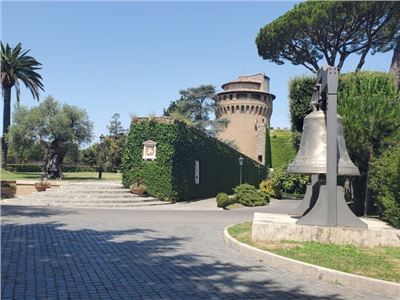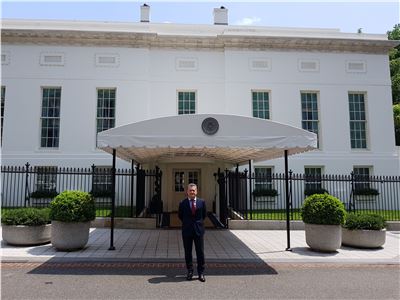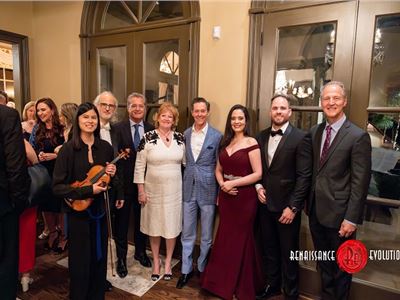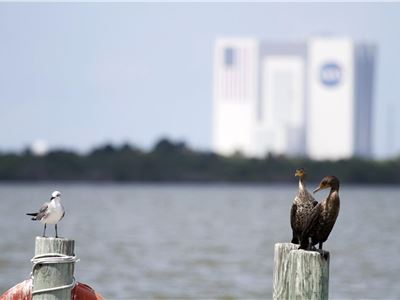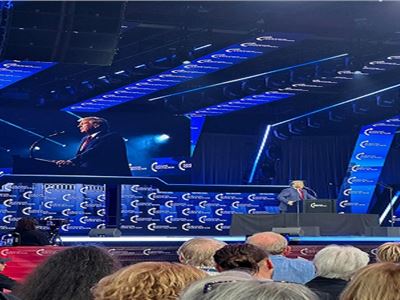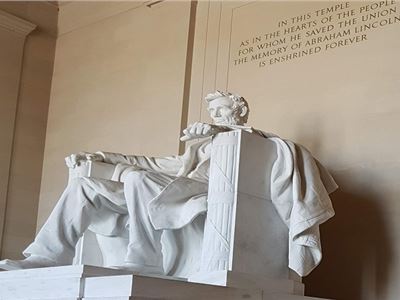The first edition was held in 1987 and repeated every three years and, more recently, every two years.
The competition originated in 1982, when two real pioneers, Hans Tholstrup and Larry Perkins, unharmed crossed the Australian continent from west to east at the edge of a pioneering solar car.
The World Solar Challenge 2013 got under way from Darwin in northern Australia with a path along 3,000 km desert areas, where the cars run out of fuel, driven only by solar energy.
The main objective is always to stimulate the development of alternatives to conventional vehicle engines, electric car in the first place, which in recent years are starting to get out of the niche and to appear successful in the mass market. Behind this competition, in fact, are the most important universities in the world and the leading names in the global economy.
The Challenger Class, the real race dedicated to the prototypes, saw the presence of authentic jewels of aerodynamics, which have had to meet stringent requirements for participation: 4 wheels, 1 pilot, maximum length of 4.5 meters, maximum width 1, 8, no more than 6 square meters of solar panels and batteries minimized. The perfect energy management is the basis of the philosophy of Worl Solar Challenge: based on the concept that a machine 1000W would complete the journey in 50 hours, solar cars are allowed a nominal 5 kWh of stored energy, ie 10% of the amount theoretical. The rest of the energy must come from the Sun or in the form of kinetic energy recovered from the vehicle.
This year, the task of the designers has been made even more difficult by the new technical regulation which has imposed four wheels (there were three in 2011) and the presence of a cone of visibility for the pilot, within which not there must be parties bodywork.
The presence or absence of sunlight has influenced, of course, the performance of the race: the cars have had time only from 8 to 17 to cover as many kilometers as possible, then the teams had to stop and set up camp in the desert. One option, of course, can not be adopted by municipalities motorists, but thanks to competitions like the Solar Challenge aims to make sure that the stops of the car non-conventional in the future are less and less frequent.
- Tags: Australian solar cars desert October_2013_edition_World Solar Challenge first edition_1987 1982 Hans Tholstrup Larry Perkins Australian continent pioneering_solar_car World Solar Challenge 2013 Darwin northern Australia 3 000 km desert areas Challenger Class Solar Challenge
- Categories:






